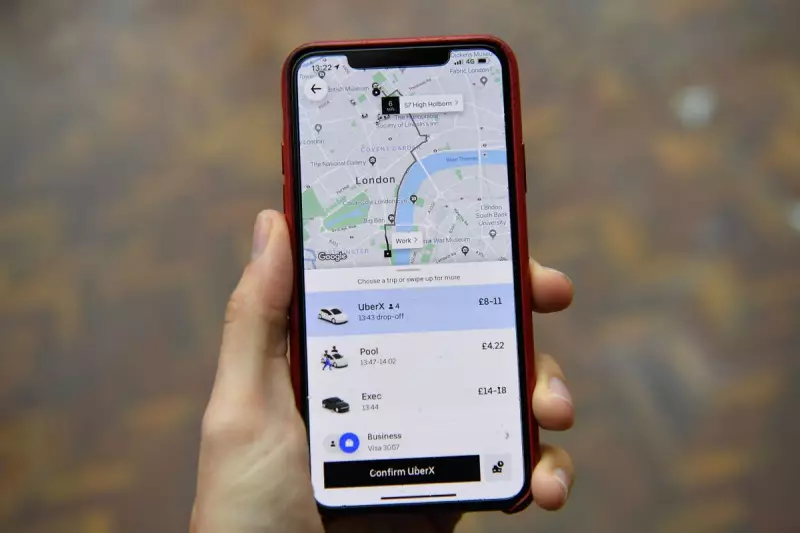
In a groundbreaking decision that could redefine the gig economy, the UK Supreme Court has ruled that Uber drivers are workers, not self-employed contractors. This landmark judgment entitles drivers to minimum wage, holiday pay, and other employment rights.
What Does the Ruling Mean?
The court unanimously dismissed Uber's appeal, stating that drivers should be classified as workers from the moment they log into the app until they log out. This means they are entitled to basic employment protections under UK law.
Key Implications
- Minimum Wage: Drivers must now be paid at least the National Living Wage.
- Holiday Pay: Drivers will accrue paid leave.
- Pension Contributions: Uber must now contribute to drivers' pensions.
Uber's Response
Uber has stated it respects the court's decision but emphasised that the ruling only applies to a small group of drivers from 2016. The company claims it has since made significant changes to its business model.
Broader Impact on the Gig Economy
This ruling could set a precedent for other gig economy companies, potentially affecting millions of workers in the UK. Experts suggest it may lead to similar claims from drivers at Deliveroo, Amazon Flex, and other platforms.
What's Next?
The case will now return to an employment tribunal to determine how much compensation drivers are owed. Legal experts predict this could cost Uber millions in back pay.





